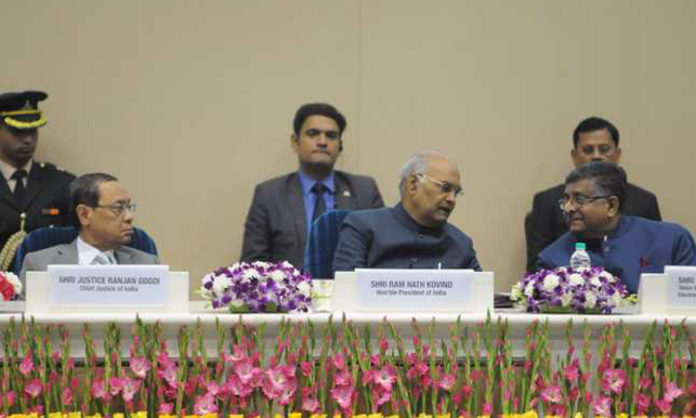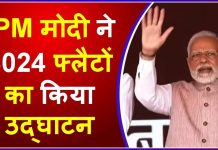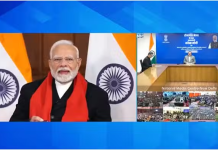New Delhi, November 26: Stressing the need to let average citizens of India know what the Constitution provides for them, President Ramnath Kovind on Monday said the “sacred” statute book empowered people, who in turn empowered it.
In his inaugural address at a function to celebrate the Constitution Day organised by the Supreme Court here, Kovind was of the view that the government had in 2015 rightly decided to celebrate this day as a real tribute to the architect of the Constitution Bhim Rao Ambedkar.
It was on November 26, 1949 that India adopted the Constitution, which came into being on January 26, 1950. Before 2015, this day was being celebrated by the Supreme Court as National Law Day.
Terming the Constitution as “the scripture of modern India”, Kovind said it ensured justice in all facets of national life, be it political, economic and social and set the tone for “striving for better life for all its citizens”.
The President said, therefore, the duty of safeguarding the tenets of Constitution is a shared responsibility, including both institutions of government and also private players, as a lot of services, be it education or health, are now being provided by them in India. So the Constitution truly is “everybody’s preserve”.
Noting that the very basis of Constitution is justice, the President said it is the shared responsibility of ensuring “free and fair elections”, “eradicating poverty” and providing “equal opportunity”.
Lamenting disruption in Parliament as “unfortunate”, Kovind said the absence of debate and discussion in the two houses of the highest legislative body of the country is “an encroachment on the citizen’s right”.
Earlier in his speech during the inaugural session, Union Law an dJustice Minister Ravi Shankar Prasad asked judges to outline the contours of constitutional morality often used to declare laws unconstitutional. He said constitutional morality should be “defined with clarity and should not differ from judge to judge”.
Speaking on the occasion, Chief Justice of India Ranjan Gagoi said the Constitution is the voice of the marginalised as well as the prudence of the majority.














































